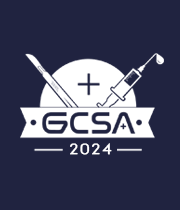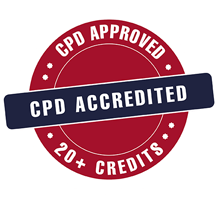Title : Cardiopulmonary resuscitation after cardiac surgery: An eight year study
Abstract:
Cardiopulmonary resuscitation (CPR) serves as a critical intervention in medical scenarios where individuals experience cardiac arrest, offering a lifeline during life-threatening emergencies. Post-cardiac surgery patients, due to the inherent complexities and vulnerabilities associated with surgical interventions on the heart, represent a unique subset of individuals who might be at an increased risk of requiring CPR. Understanding the incidence of CPR events following cardiac surgery is paramount to enhancing post-operative care strategies and outcomes.
Objective: to investigate the incidence of CPR after cardiac surgery, find predictors of survival, and to optimize the CPR protocol after cardiac surgery and to find predictors of survival.
Methods. A retrospective study with data obtained by chart review in 22-bed surgical intensive care unit (ICU) of the Republican Specialized Center of Surgery named after academician V.Vakhidov (Tashkent, Uzbekistan). Between 2016 and october 2023, 6864 consecutive adult patients who underwent cardiac surgery. The age of the patients ranged from 6 to 60 years. All patients were evaluated before the surgery using the ASA and EuroSCORE scales, falling into the moderate-risk group (3-5 points). CPR was conducted according to the American Heart Association and European Resuscitation Council guidelines (Ley SJ. Standards for Resuscitation After Cardiac Surgery. Critical Care Nurse. 2015;35(2):30-38). The key to the new approach is the rapid elimination of reversible causes of cardiac arrest, followed by either defibrillation or electrical cardioversion (depending on the situation) before external heart compression, which may damage sternotomy. Careful use of adrenaline is emphasized due to the potential recurrence of hypertension, and timely resternotomy (within 5 minutes) is performed to ensure optimal cerebral perfusion through direct massage.
Results. 178 of these patients (2.6%) were resuscitated within 48 hours of cardiac surgery. 117 patients (65.7%) survived to be discharged from the hospital. Most in-hospital cardiac arrests occurred in the intensive care unit (94.4%). The majority of patients were mechanically ventilated at the time of occurrence of arrest (85.4%). Average time of CPR was 32.24 minutes (ranged from 8 to 50 minutes). Arrhythmias (52; 29.2%), bleeding (64; 36.0%) and hypoxemia (62; 34.8%) were the predisposing causes. Multiple-organ failure was the major reason for mortality, despite successful CPR. Among survivors, short-term follow-up revealed 65.7% survival, and only 6.2% had a severe neurologic deficit. Significant predictors of survival were the time between admission to the ICU and initiation of CPR, CPR time, and creatine kinase (CK) and CK-MB values. The results indicate that a shorter CPR duration, myocardial indicators, a hepatic indicator, and lactic acid are significantly correlated with survival, whereas late damage (level on the third or seventh day of reperfusion) rather than initial damage (level on the first day) was more predictive of the results.
Conclusion. The incidence of CPR after cardiac surgery was 2.6% with no difference between valve surgery and CABG. Best results were achieved when arrhythmias or bleeding were the predisposing causes. A coordinated effort by the resuscitation team and proper role allocation within the team were essential for effective CPR. All these measures contributed to the improvement of CPR outcomes.



